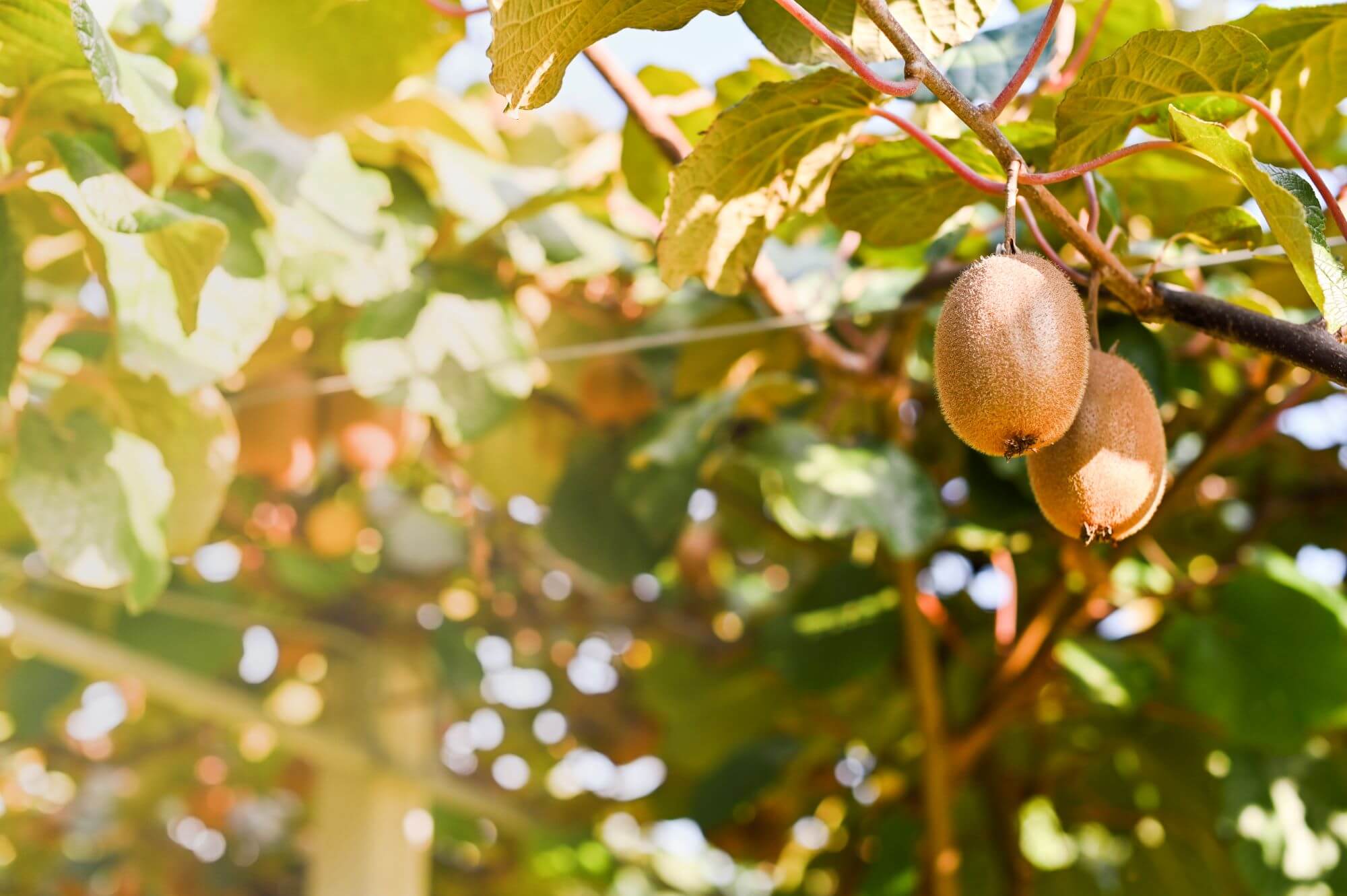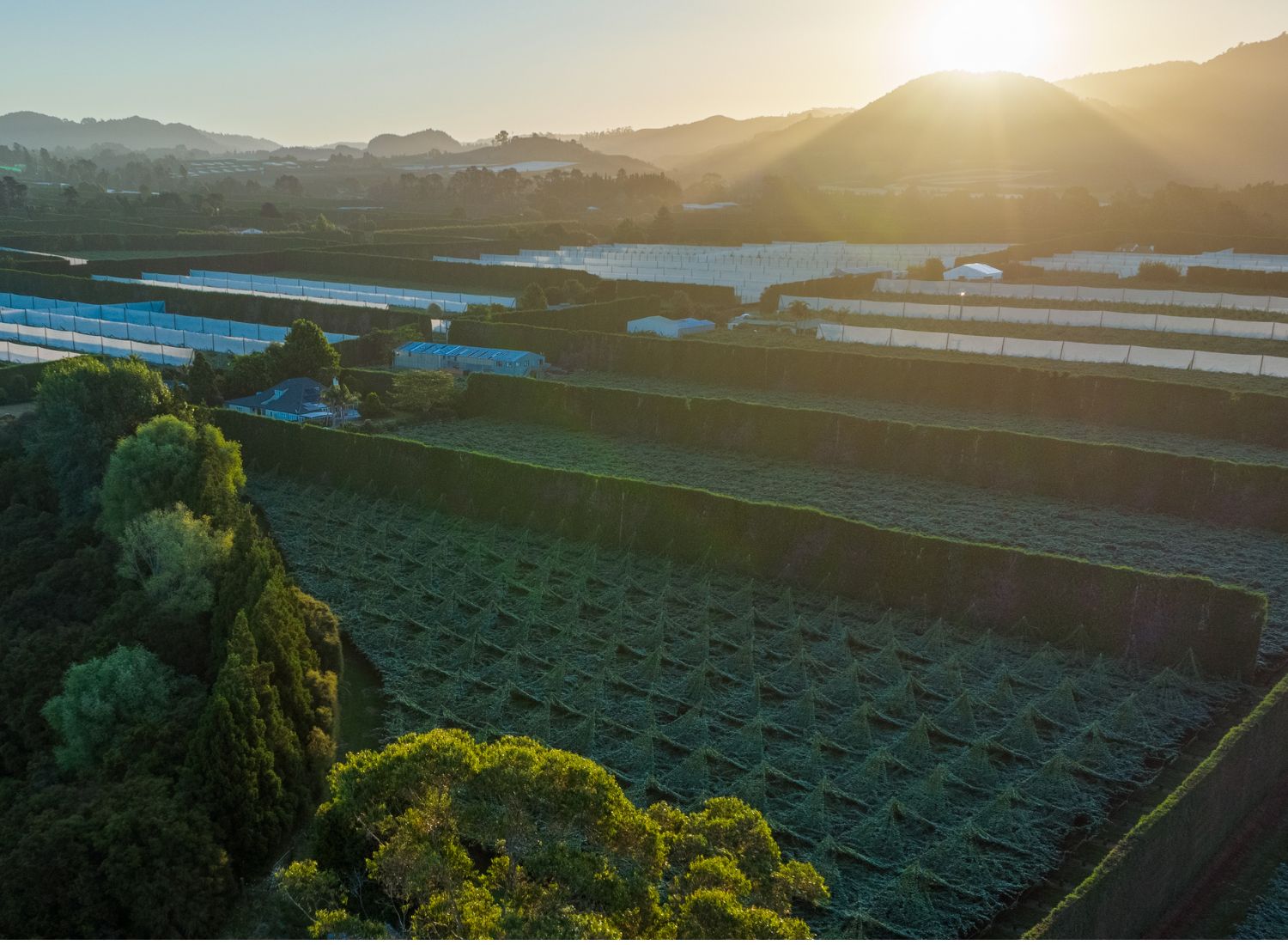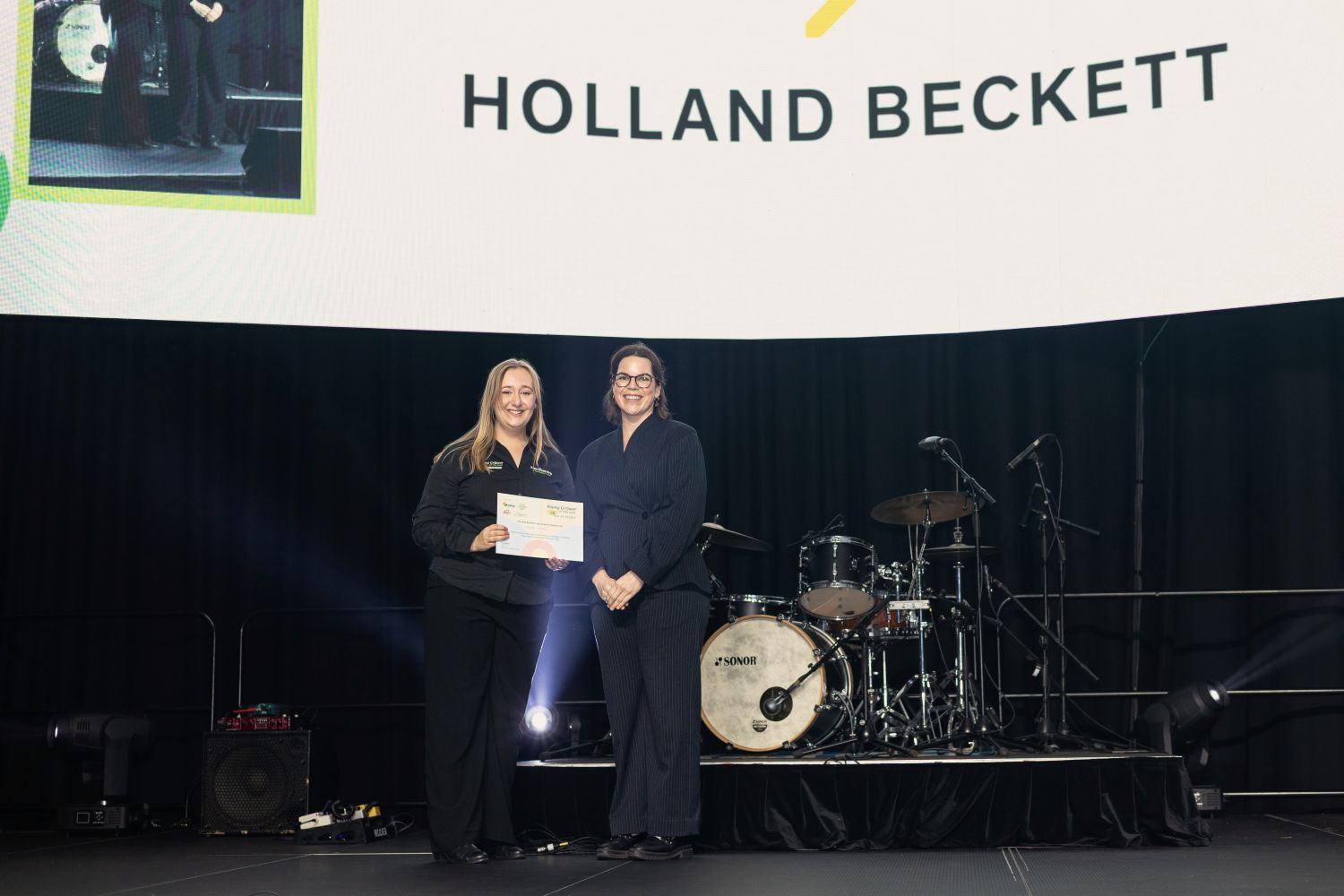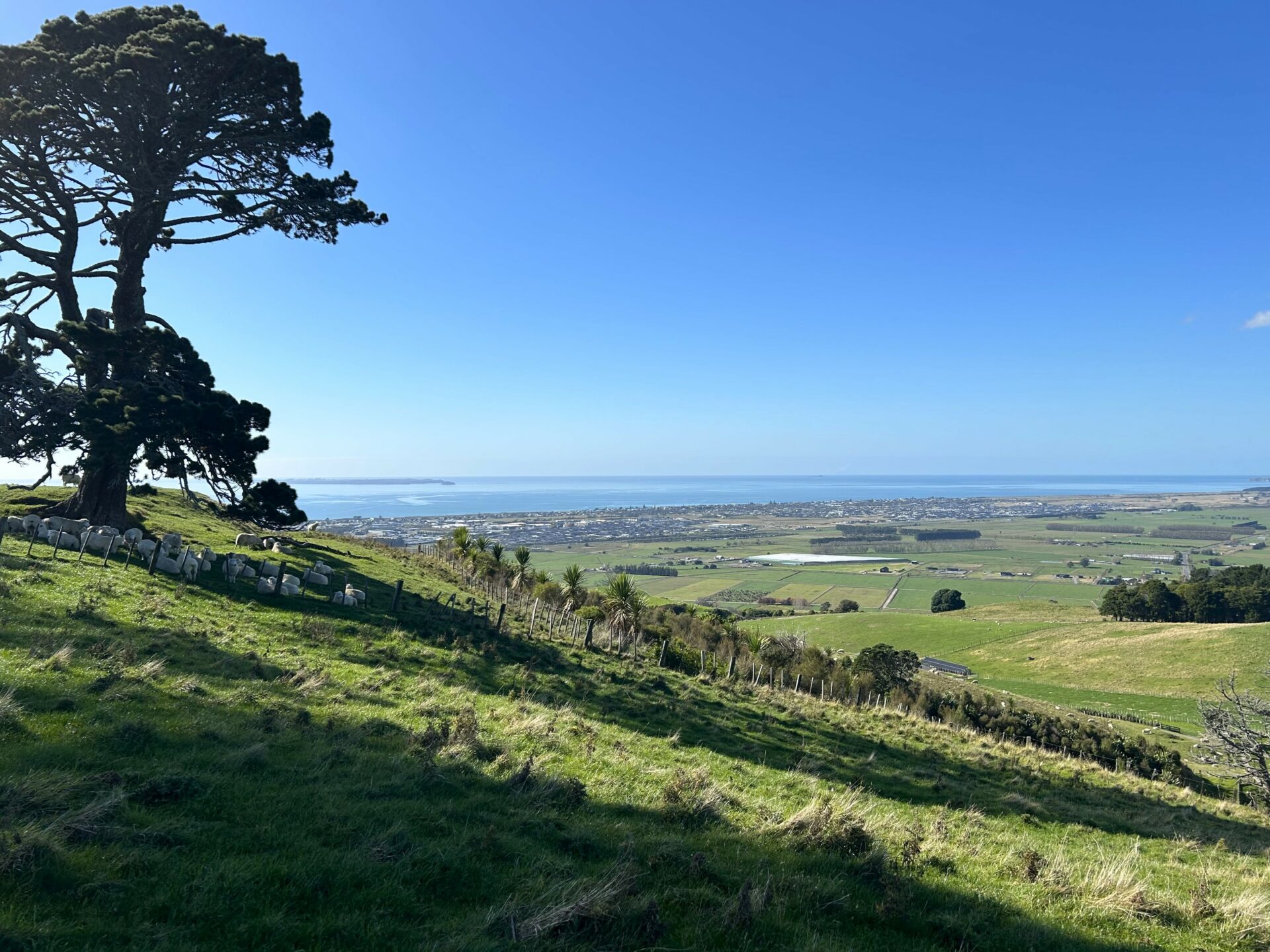Purchasing a kiwifruit orchard comes with lots to think about and plenty of due diligence to undertake. Often the purchase will be conditional on these further investigations, so what is important to consider?
For most orchardists, water and compliance are key considerations.
Often water is sourced from a bore, either on the land itself or from neighbouring properties pursuant to an easement or water supply scheme. However, to take water for irrigation or frost protection, you not only need the legal right to convey the water from its source potentially across your neighbours’ land but also consider the terms of this easement and rules around how you are to share pump maintenance and running costs with your neighbours. As well as ensuring there is the appropriate Resource Consent to draw either surface water or bore water at a sufficient rate to irrigate or provide the necessary frost protection. Resource Consents have strict allowable flows and volumes and require metering and monitoring to ensure compliance. In some cases water storage on site is necessary to make sure that sufficient volumes of water are readily available in times of peak demand without breaching the flow limits.
In addition to water, overall compliance by the vendor is important, such as not exceeding their licensed plantable area, ensuring Global Gap compliance, maintaining the required spray programme and diary to Zespri’s export standard, etc.
Another big factor is the ownership of the crop that may be on the vines or could have been picked. Special care is needed when a settlement is likely to take place around picking time as the treatment of hanging fruit can be different from picked fruit from a tax point of view. Most agreements will clearly state who retains ownership of the current crop and who is to benefit from the sale proceeds, even if it is already (or will be by settlement) picked and in the coolstore. With Zespri’s trailing payment method over the year following the picking of a crop, there can be significant cashflow impacts for a buyer if they don’t also buy the crop, as they may not get any income from the orchard until the following year’s crop, starting up to 12 months later. In this case sufficient finance would need to be in place from the outset to fund orchard expenditure until income is received. Ultimately the ownership of the crop has an impact on the overall price paid for the orchard and a purchasers funding requirements.
Other considerations include:
- Legal Title and any other registered interests or easements on the land
- Licence Ownership
- Any ongoing management agreements
- Your structure and ownership entity
- KPIN transfer
- Chattels and Improvements and the apportionment of values
- Zespri shares
and many more.
If you are contemplating purchasing your first orchard or expanding your existing operations, please contact us with any queries before entering into an agreement.







